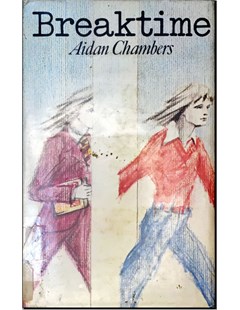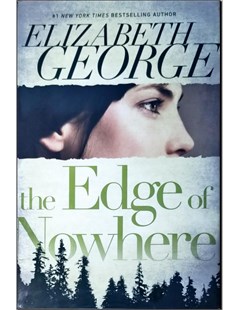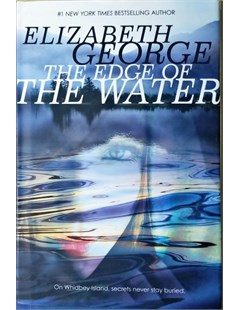Breaktime
This book is also complex stylistically. Following the example of modernists like James Joyce and T.S. Elliott Ditto sets out to stretch and break the 'rules' of literature. Sometimes the text is written in the third-person; sometimes it is in first-person. Sometimes the narrative contains considerable description and comment, and sometimes there is no narration at all, but just named report of dialogue as in the text of a play. Sometimes the commentary comes almost as scientific observation listed under italicized headings
On one level this book is simply a record of an unusually turbulent week in the life of an ordinary person. On another level it is a coming of age story about a young man who leaves his childhood behind and experiences the first expressions of adult sexuality. Psychologically this is the story of a youth's growing separation from his father. Then again this is the story of someone trapped in thoughts and words, the endless commentary of the mind. There is a lot in this book to think about and it strikes me that this is just what life is like: complex, with no easy answers or pat resolutions.
This book is also complex stylistically. Following the example of modernists like James Joyce and T.S. Elliott Ditto sets out to stretch and break the 'rules' of literature. Sometimes the text is written in the third-person; sometimes it is in first-person. Sometimes the narrative contains considerable description and comment, and sometimes there is no narration at all, but just named report of dialogue as in the text of a play. Sometimes the commentary comes almost as scientific observation listed under italicized headings. Ditto writes:
"Nature of bus experience: consoling, comforting, contenting. Vehicle warm. Motion tranquillizing. ...[etc.]"
Sometimes quotes from other texts are given, such as from travel guides, relevant pieces of fiction and poetry. Sometimes illustrations are used rather than just words. Sometimes parallel thoughts and commentary is given in alternate lines down the page. This is a very adventurously written 'novel' and always we are faced with the question: "Where is the truth in all of this?" This modernist writing style is a little hard to get used to and understand at first, especially the very long sentences representing the 'stream of consciousness', the gabble of Ditto's mind. But with a little perseverance this is a very enjoyable book.
This is a quit short novel and when I came to the end I wished there was more of it. Chambers manages to make us like and care about Ditto, and want to know more about him. He has created a well-humored book that surprises us and entertains us, but which also makes us think. This book would do excellently for a high school paper: it contains so much in so few pages.
This is the first in the "Dance Sequence", a set of stand-alone novels, which inter-relate thematically, but which are unconnected in story line and characters.
Aidan Chambers. Breaktime. Amulet Books, 2008
 |  |  |
| Breaktime | Whidbey Island # 1: The edge of nowhere | Whidbey Island # 2: The edge of the water |
Thứ Năm, 11:11 23/02/2023
Copyright © 2018 Hanoi University of Industry.